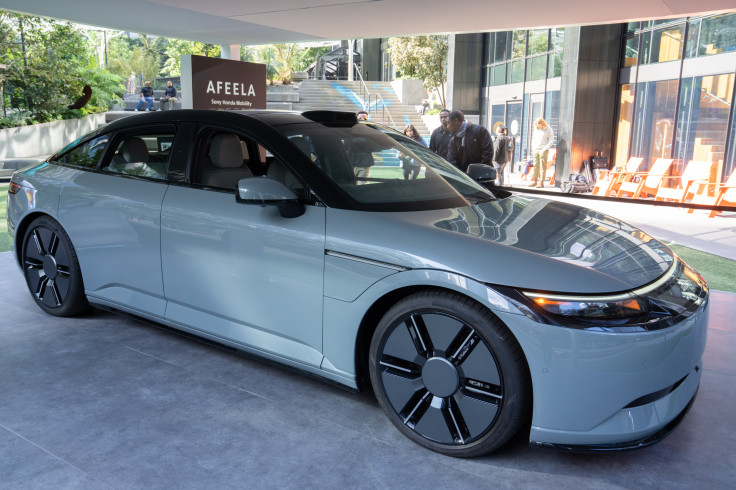EV Sales Slow As Consumers Grow Weary Over High Costs, Charging Needs
Hybrid cars have outperformed expectations originally set for EVs in 2024

While China's electric vehicle (EV) market booms, driven by government subsidies, the EV industry in the United States and Europe continues to decline.
When it comes to EVs, American and European consumers are concerned about the high costs, charging infrastructure, range anxiety and confusing charging payments, reported the Associated Press.
Drivers who previously owned an EV but later regretted it complained about procedures that they had to do which eventually became frustrating, such as checking the battery life before trips, remembering to carry payment cards for charging plans, and mapping charging stops ahead of time for a long road trip, according to the news outlet.
Thus, pure EVs accounted for 8% of vehicles sold in the U.S. in October, AP reported, while hybrid cars have outperformed expectations originally set for EVs in 2024, reported Auto Body News. The poor numbers led Tesla to cut 14,000 jobs worldwide amid declining sales after falling short of market expectations by 13%.
UBS AG and Wells Fargo downgraded Tesla's forecast after the slowing demand for EVs, specifically the Cybertruck, as well as severe competition from China. Even Ford decided to pump the brakes on an all-electric SUV, changing course and now prioritizing hybrids for the future.

High prices are another major barrier to buying an EV in the U.S. The average EV costs around $56,902 -- a stark difference compared to the $48,623 average sticker price for a new car, AP reported. A hybrid can cost upwards of $30,000, ABN reported.
In the U.S., the EV industry lacks regulation and subsidies from the government with President-elect Donald Trump administration vowing to put an end to the Biden administration's electric car plan. While the Environmental Protection Agency has established greenhouse gas emissions standards in an effort to regulate tailpipe pollution, automakers are not required to sell EVs based on its recommendations.
In Europe, as a result of growing frustrations among consumers, EV sales fell by 5.8% between January and September. Electric cars are in for a bumpy ride in Europe after Germany decided to abruptly halt subsidies for EVs, which will slow down the market.
In China, the EV market is booming with sales reaching 25.8% of the 13.5 million vehicles sold in January through August, according to the China Passenger Car Association, per the AP. Subsidies from the Chinese government are so effective that Chinese EVs sell domestically for less than 142,000 yuan (US $20,000).
Such a strong backing from the government spurred innovation and created lower prices, with many startups creating simplified car designs with an interior that resembles the dashboard an app.
© Copyright IBTimes 2024. All rights reserved.





















